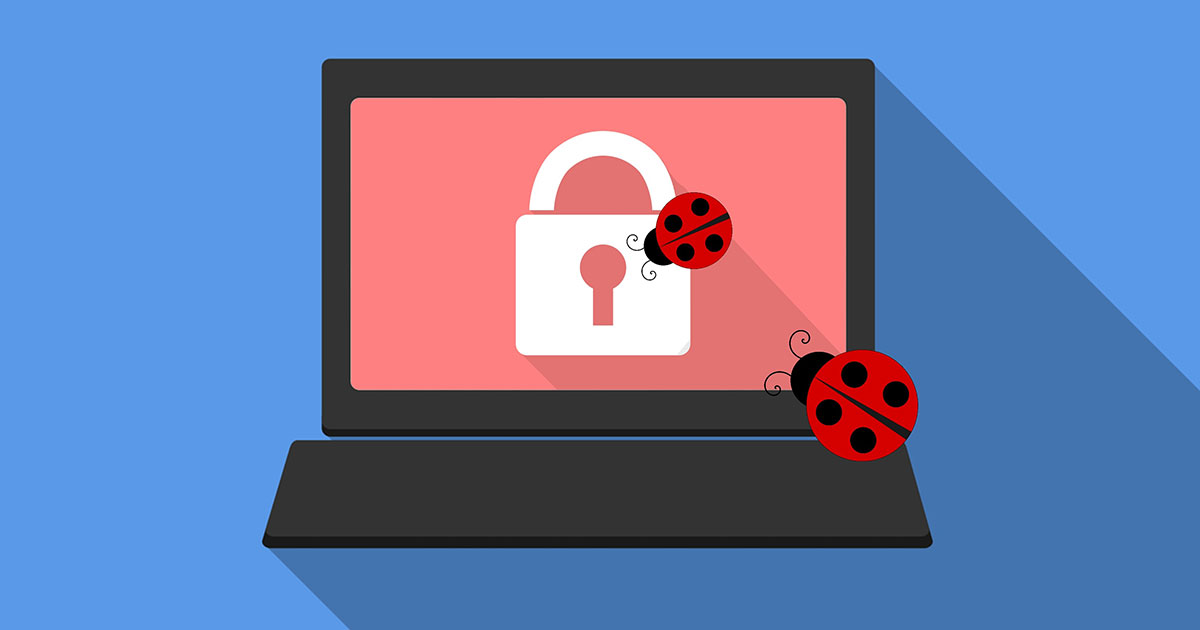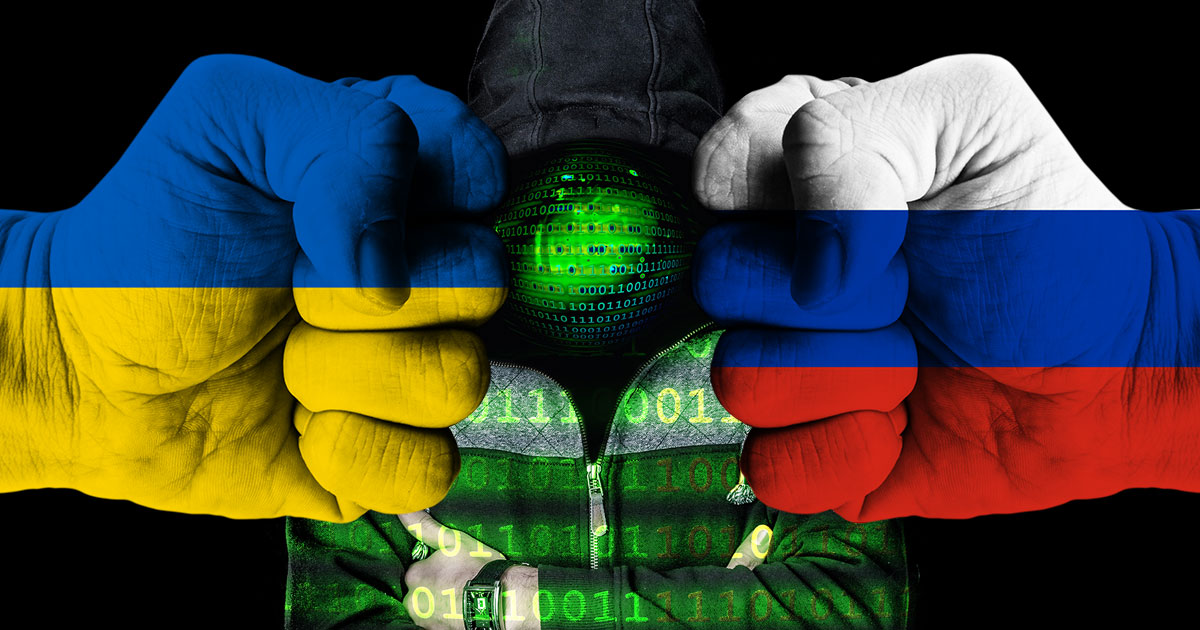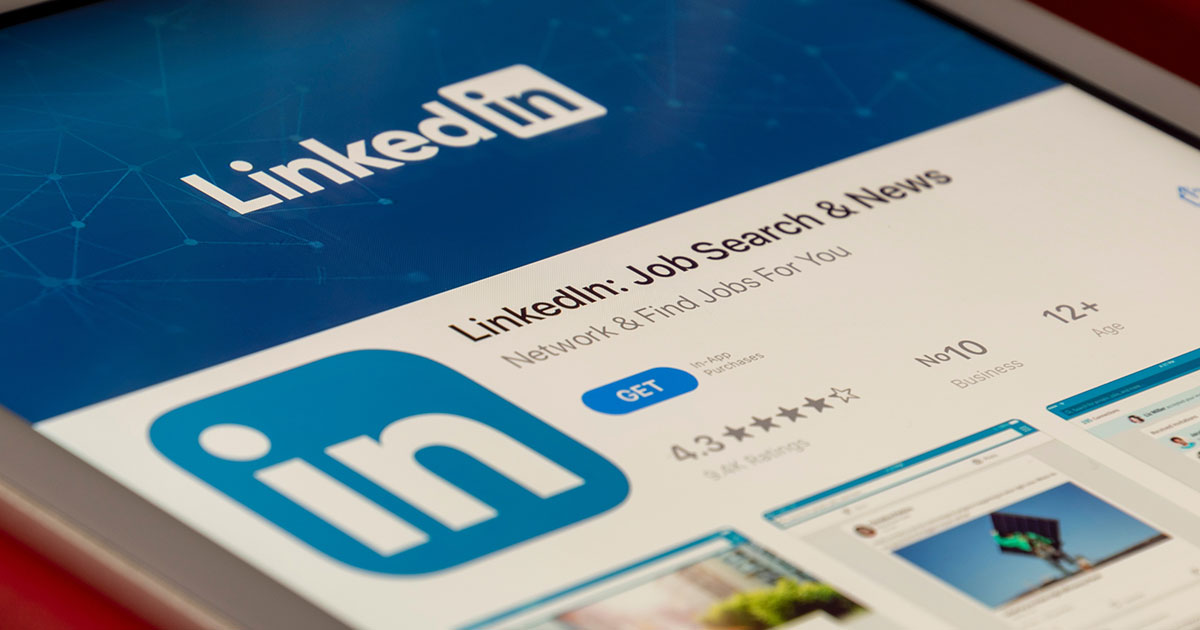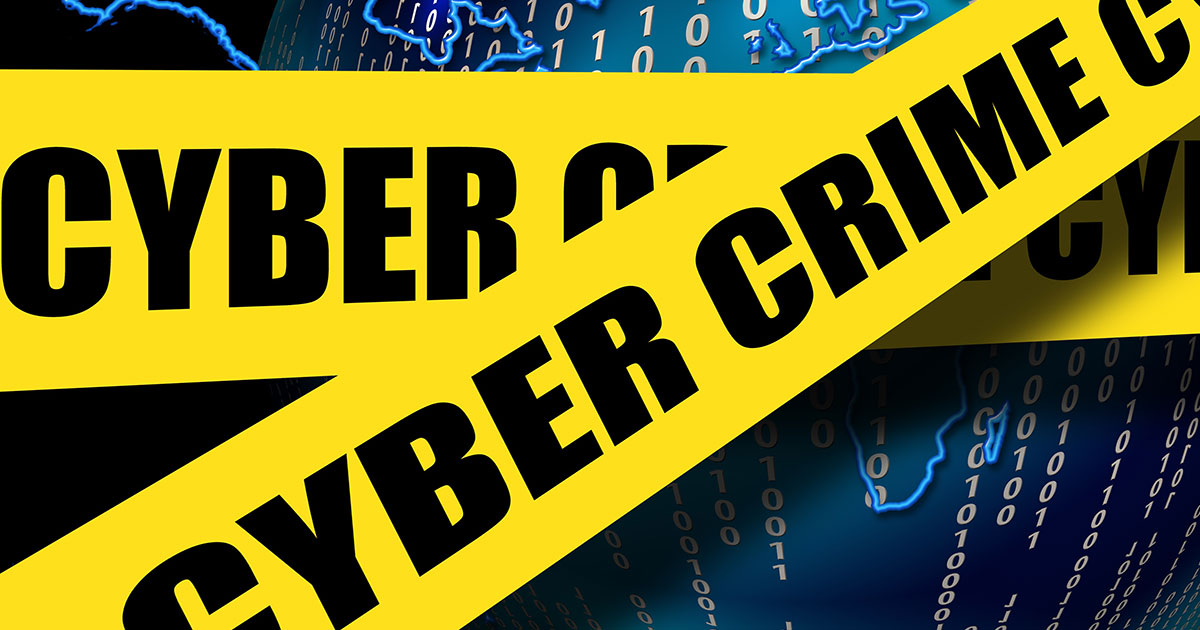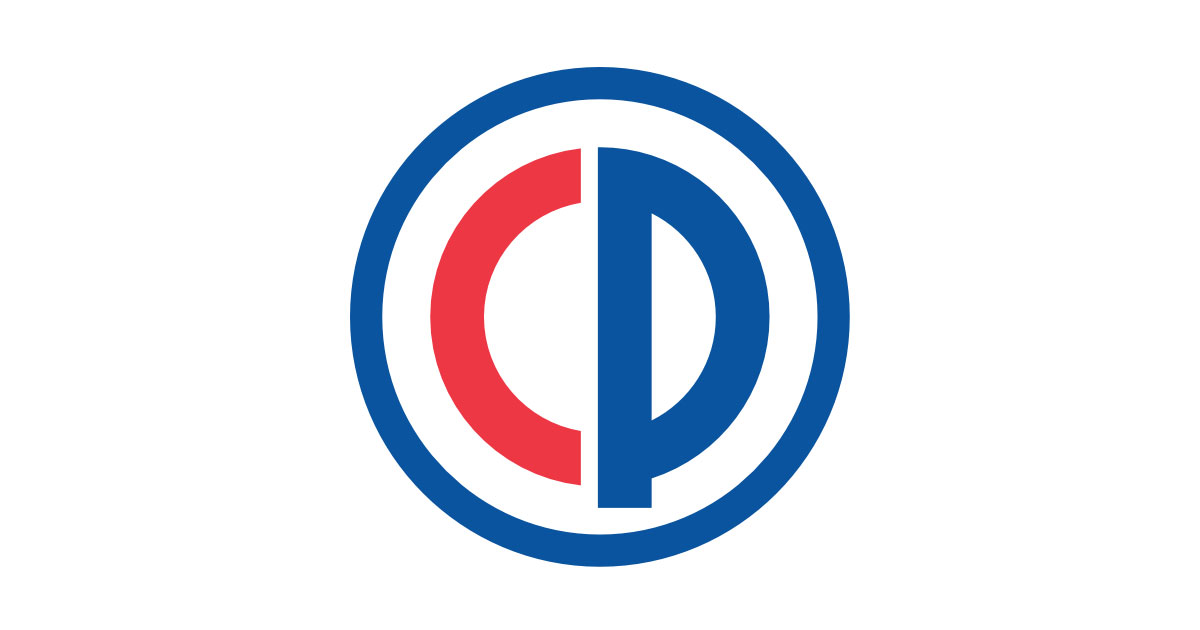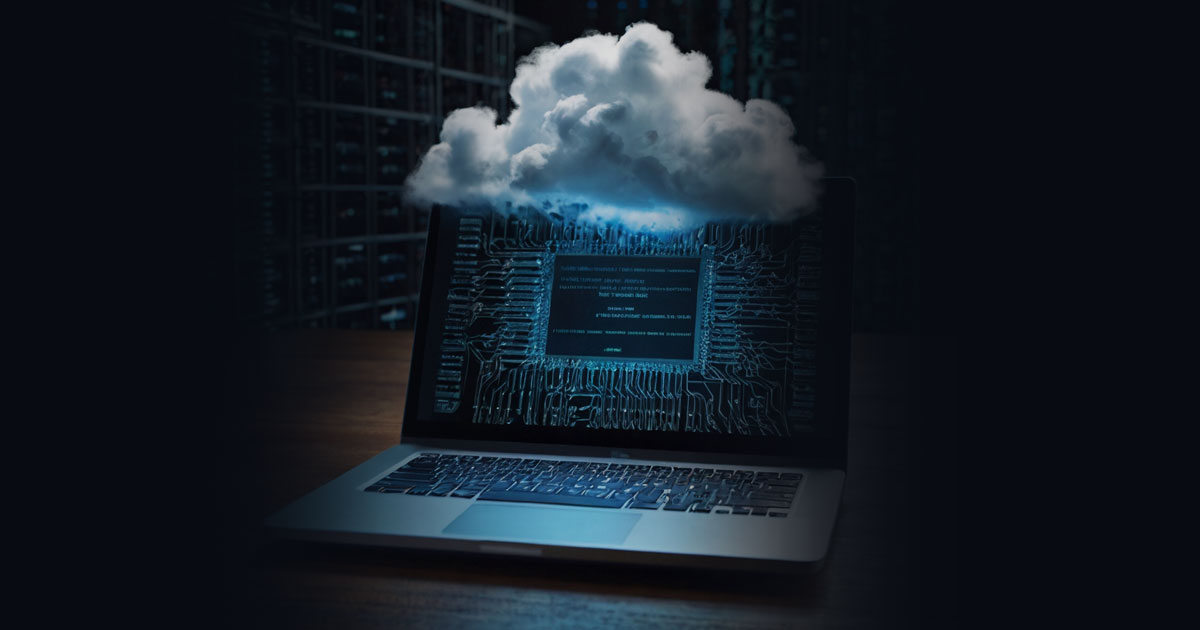
Did You Know Your Cloud Could Be the Next Target?
Ransomware group Storm-0501 is shaking up the cybersecurity world, targeting multiple U.S. sectors, from government to law enforcement. Their attacks are not just about stealing data—they're making a play for control, compromising hybrid cloud environments in a way that's forcing everyone to pay attention.
Storm-0501 is no ordinary cybercrime gang. Having been in operation since 2021, it has developed into a sophisticated RaaS operation through which it can deploy any ransomware payloads prepared by other threat actors. Presently, they have focused on more strategic targets using hybrid cloud environments for infiltration in government, manufacturing, transportation, and law enforcement sectors. But what makes this group so dangerous, and why should you be interested?
Hybrid Cloud in the Crosshairs
Cloud technology is the backbone of modern businesses. But with convenience comes risk, and hybrid cloud setups—where companies operate both on-premises and cloud-based systems—are especially vulnerable. Storm-0501 exploits weak credentials and over-privileged accounts to gain access, move laterally across networks, and deploy ransomware. Their tactic? Compromise on-premises systems and pivot to the cloud, giving them control of sensitive data and vital infrastructure.
It starts small. A password was stolen here, and a server with patching done poorly there. But once inside, launch a multi-stage attack to exfiltrate data. Take credentials. Install the backdoors persistently. Then, before you know it, the ransomware gets deployed. Critical files are now locked, and heavy payments are being demanded— all this to prevent leaks of some of that sensitive information.
Storm-0501's Dark History
This isn't the first crime wave Storm-0501 made; it first came into the limelight for attacking U.S. school districts with the Sabbath (54bb47h) ransomware, having them extort schools by leaking sensitive information and also messaging staff and parents directly. It has since pivoted to a new role as an affiliate for other ransomware crews deploying its builds such as Hive, BlackCat (ALPHV), LockBit, and most recently, Embargo ransomware.
Hospitals, too, have felt the sting of Storm-0501's attacks. The group has taken advantage of weak points in hybrid cloud setups, proving that no sector is off-limits. Their attacks are often opportunistic, capitalizing on vulnerabilities like weak passwords or unpatched software, leaving organizations struggling to recover.
How They Get In
Storm-0501 uses various techniques to gain initial access, sometimes working with other cybercriminals. They exploit known vulnerabilities in unpatched internet-facing servers like Zoho ManageEngine, Citrix NetScaler, and Adobe ColdFusion. Once in, they perform detailed reconnaissance to identify high-value assets and gather information about the target's network.
The one key tool in their arsenal is the SecretsDump module, which comes from Impacket—what they use to get those credentials out of the devices that have been compromised. From there, they move swiftly as they start leveraging these credentials for further access across the network. The goal? Persistent backdoor access to both on-premises and cloud environments. Once they control the network, the deployment is ransomware, typically Embargo—a Rust-based strain that was discovered in May 2024.
Cloud Access Under Fire
A particularly concerning aspect of Storm-0501's operations is their ability to transition from on-premises systems to the cloud, often exploiting Microsoft Entra ID (formerly Azure AD) accounts. They use these credentials to move laterally into cloud environments, creating a persistent foothold that makes ransomware deployment almost inevitable.
Even worse, they often manage to bypass multi-factor authentication (MFA) protections, making cloud environments especially vulnerable. Their strategy of targeting over-privileged accounts means once they're in, it's incredibly difficult to kick them out. Before organizations even realize it, critical data has been exfiltrated, and ransomware is locking down key systems.
What's Next?
Storm-0501's attacks show no signs of slowing down. With hybrid cloud environments becoming the norm, the threat is only growing. Organizations across all sectors must act now to secure both their on-premises and cloud systems. This means patching vulnerabilities, enforcing strict password policies, and implementing stronger multi-factor authentication measures.
Microsoft continues to track Storm-0501's activity, offering insights and guidance on how to defend against these increasingly sophisticated attacks. But the question remains: Are businesses ready to take the necessary steps to protect themselves?
Don't wait until you're the next victim. The time to act is now!
Exclusive Blog
Read All Exclusive Blog »
With world working from home, it's time to make it enjoyable and effective.
Read DetailsHacking Tools
Explore All Hacking Tools »
UFTP is an encrypted multicast file transfer program for secure, reliable & efficient transfer of files. It also helps in data distribution over a satellite link.
Read Details



